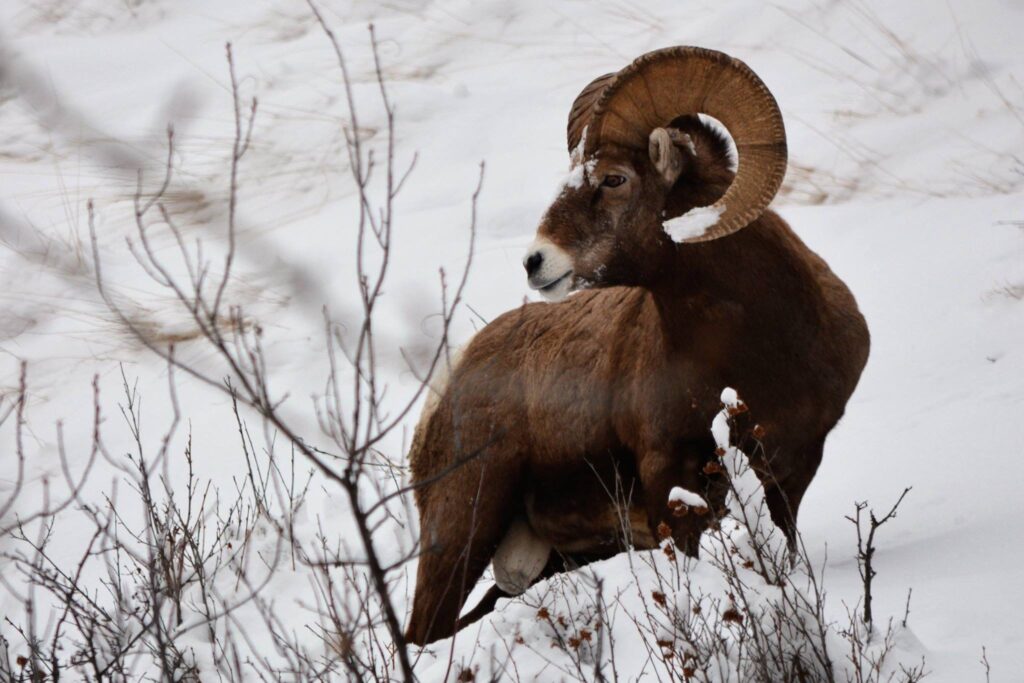State Wildlife Commissions/Boards
In almost every state, there is an appointed volunteer state wildlife commission, sometimes called a board (e.g. VT) or council (e.g. OH) that either oversees or advises the wildlife agency. Three states (MN, CT, RI) do not have wildlife commissions.
For oversight commissions (38 states), duties vary by state but include setting policy and budget for the agency, rule-making, and hiring (and firing) the agency’s director. In nine states (AL, DE, IL, ME, MD, ND, NY, SD, WV), the commissions are advisory only.
Commissions range in size from four to 19 seats, with most being in the 7-11 range. Members are usually appointed by the governor, often requiring confirmation by the state senate.
Required qualifications for committee members vary widely by state, ranging from a general requirement that appointees be knowledgeable about wildlife matters, to a requirement that members reside in different regions or congressional districts and/or they not all be of the same political party, to a requirement that they represent different stakeholders or expertises.
Many states require that at least some commission seats be reserved for hunters, anglers, trappers, and/or agricultural representatives. Some states (e.g. North Dakota, Mississippi) actually prohibit non-consumptive users from serving on their commissions. Even where being a hunter is not required, our research found that at least 75 percent of all available seats on state wildlife commissions in 2021 were occupied by consumptive users, reflecting the prevailing view among governors and other elected officials that hunters deserve a greater say in wildlife deliberations than others.
Use the Find Your State feature to learn more about the commission in your state.
Note: in some states, such as Vermont, the “commissioner” is actually the paid director of the wildlife agency, and should not be confused with appointed volunteer members of the state wildlife commission or board.
Click here to read more.
